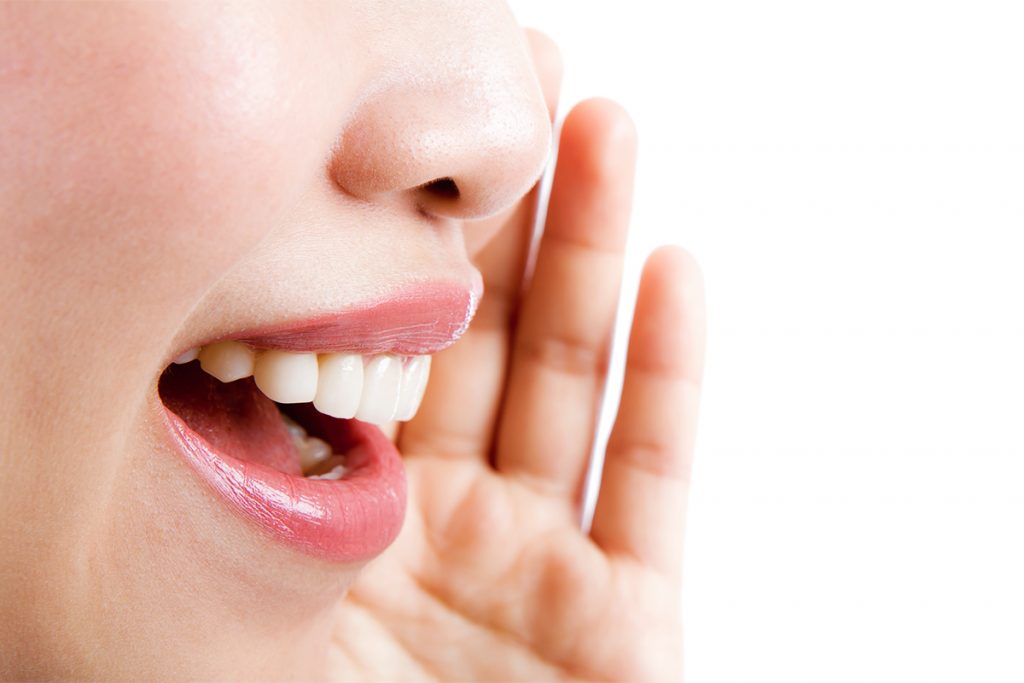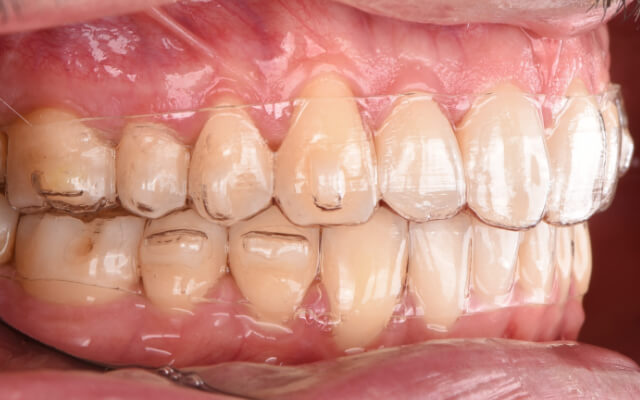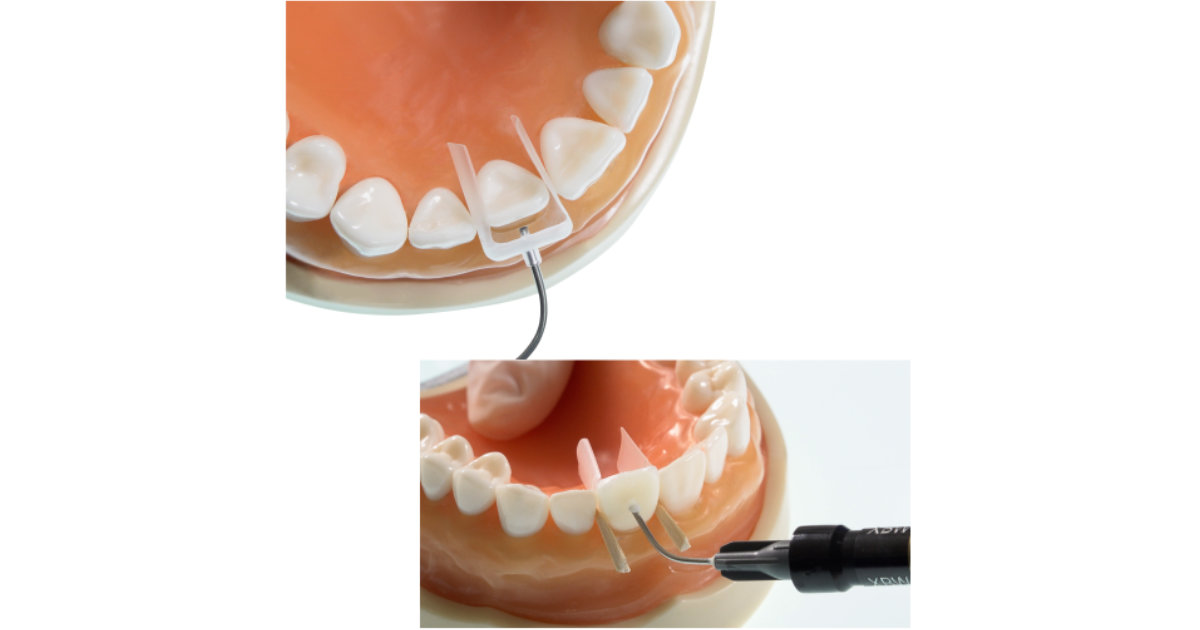Frequent or persistent unpleasant breath, known as halitosis, often leads to discomfort and insecurity when we are around other people.
The culprits of this condition are anaerobic bacteria in the oral cavity flora that produce sulfur compounds. While its causes can be associated with the ear, throat, nose, lungs, and problems with other organs, in most cases, halitosis is a result of poor oral health.
In the majority of cases, bad breath originates in our mouths, and there are many possible causes. Some of them are:
Food - Consuming certain types of food, such as onions, garlic, and spices, can lead to bad breath. After we digest these foods, they enter our bloodstream, are carried to the lungs, and affect our breath.
Tobacco products - Smoking causes an unpleasant smell in the mouth. Smokers also have a higher risk of gum disease, which is another source of bad breath.
Poor oral and dental hygiene - If you don't clean your teeth and mouth regularly, food particles can remain in your mouth, and a sticky accumulation of bacteria, known as plaque, can form on your teeth. On the uneven surfaces of our tongue and tonsils, food particles and bacteria can be retained, leading to bad breath. Poor oral hygiene also causes other problems in the mouth, such as cavities and gum disease, which are also connected to bad breath. Regular and thorough oral care is the best defense against bad breath.
Dry mouth - Saliva helps to clean the mouth by removing particles that cause unpleasant odors. A condition called dry mouth or xerostomia can contribute to bad breath because the production of saliva is reduced. Dry mouth usually occurs during sleep, leading to "morning breath," and the situation worsens if you sleep with your mouth open. Chronic dry mouth can be caused by gland problems and certain diseases.
Medications - Some medications directly cause bad breath and contribute to dry mouth. Others break down in the body to release chemicals that can be transmitted through breath.
Oral infections - Bad breath can be caused by surgical wounds oralnoj hirurgijiafter oral surgery procedures, such as tooth extractions, or it may result from cavities, gum disease, or mouth sores.
Other conditions in the mouth, nose, and throat - Bad breath can also arise from white spots (tonsil stones) on the tonsils because they are covered with bacteria that produce an unpleasant smell. Infections or chronic inflammations in the nose, sinuses, or throat can also contribute to postnasal drip, which is the drainage of mucus from the nose to the throat, leading to bad breath.
Other causes - Diseases, such as cancer, and some metabolic disorders can cause a characteristic breath odor due to the chemicals they produce. Chronic gastroesophageal reflux disease (GERD) can also be associated with bad breath, and in young children, bad breath may be caused by a foreign object, such as a piece of food, stuck in the nostril.






